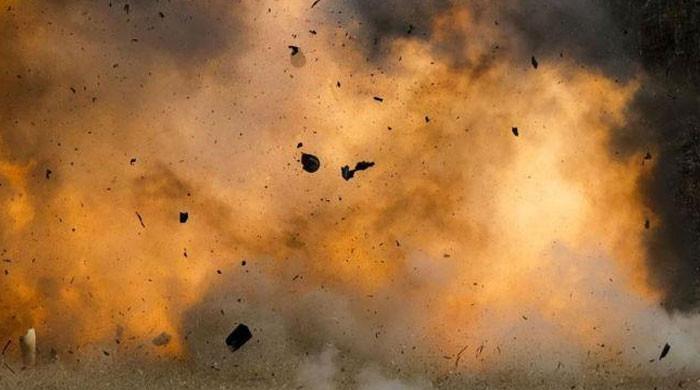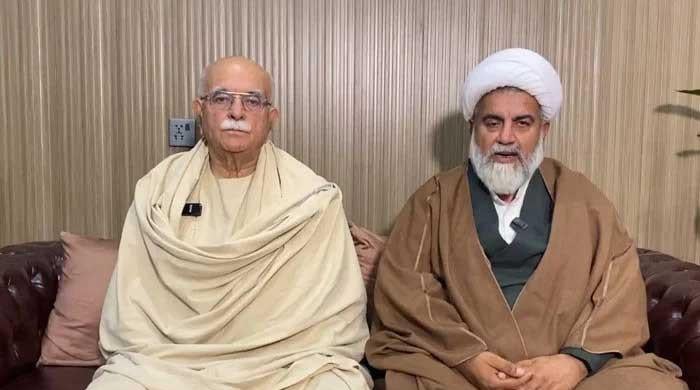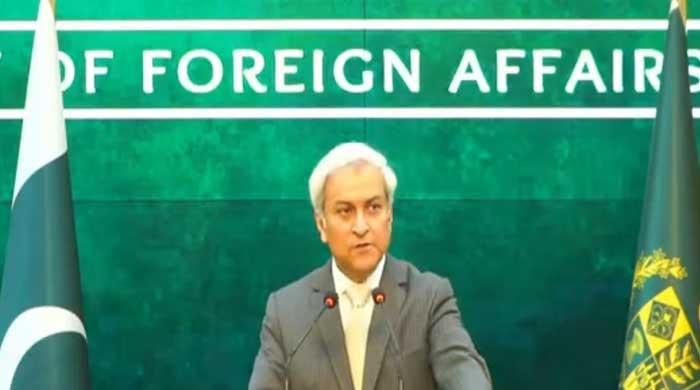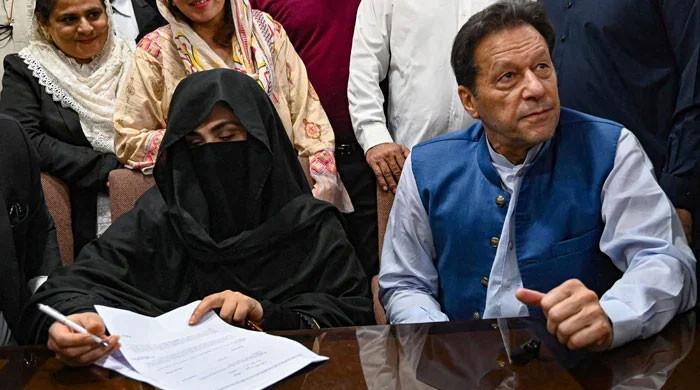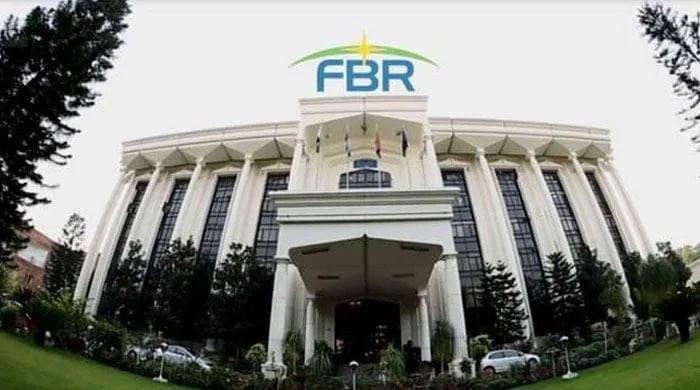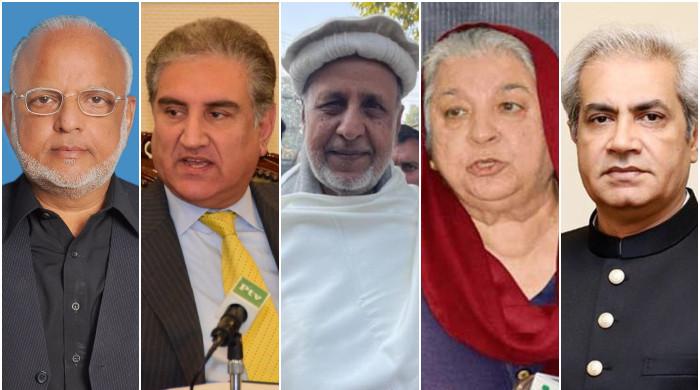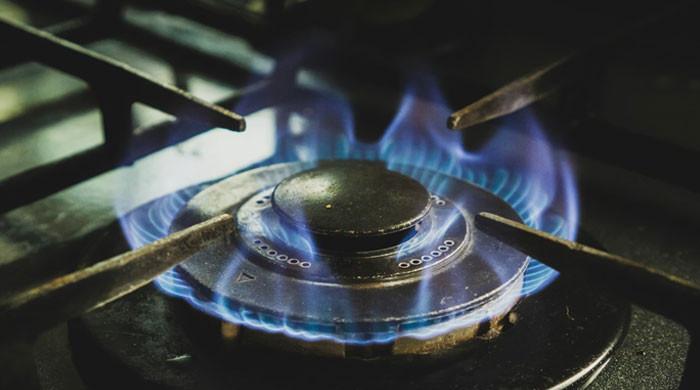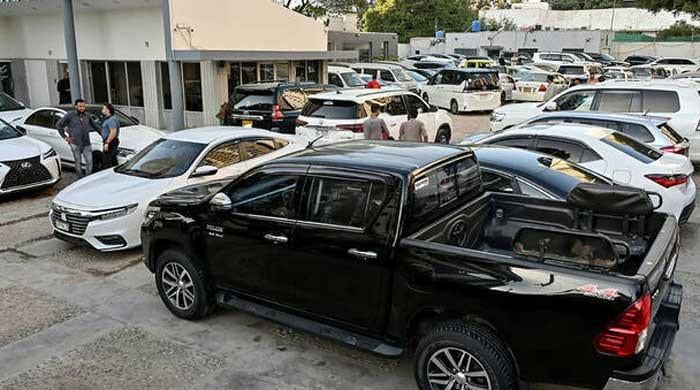Chop chop: Here's what your qasai needs you to know this Eidul Adha
Qasai rates, helpful tips and things to take care of: in a bid to help readers for Eidul Adha 2021, we put together a cheat-sheet for Eid day
July 16, 2021
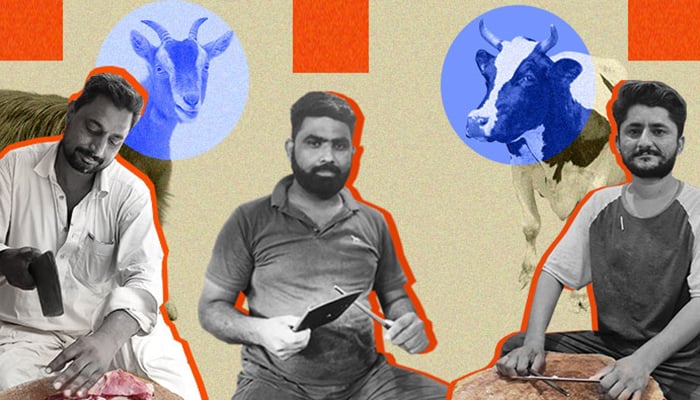
Eidul Adha is not only a holy occasion for Muslims around the world, it can also be a fun, exciting time for both foodies and animal lovers alike.
Every year, we rush to cattle markets as soon as the month of Zil Hajj begins to purchase sacrificial animals of our choice. And, as Eid approaches, neighbourhoods across the country suddenly come alive with the presence of cows, goats, lambs and camels of all colours and sizes.
But Eidul Adha is not all about midnight walks with your animals, frantic trips to purchase fodder, or hunting for the flashiest accessories to deck up your animals for the big day — one of the most important tasks is also finding a suitable butcher (qasai) to perform the ritual sacrifice, better known as the qurbani, to fulfill a key requirement of the 'Bari Eid'.
Qasai rates for Eidul Adha 2021
While some forward-thinking citizens book their butchers a few weeks before the qurbani, others go to look for one during the three days of Eid. While it sounds like a hassle-free process, finding a suitable yet affordable butcher can be a daunting task.
In a bid to help our readers get an idea of what butchers are charging this year for their services in different areas of the city, Geo.tv reached out to several of them from across Karachi to compile a rate list.
The butchers we spoke to also shared a list of helpful tips and things to keep in mind for the big day. More on those below.
How much will you have to pay to the qasai this year?
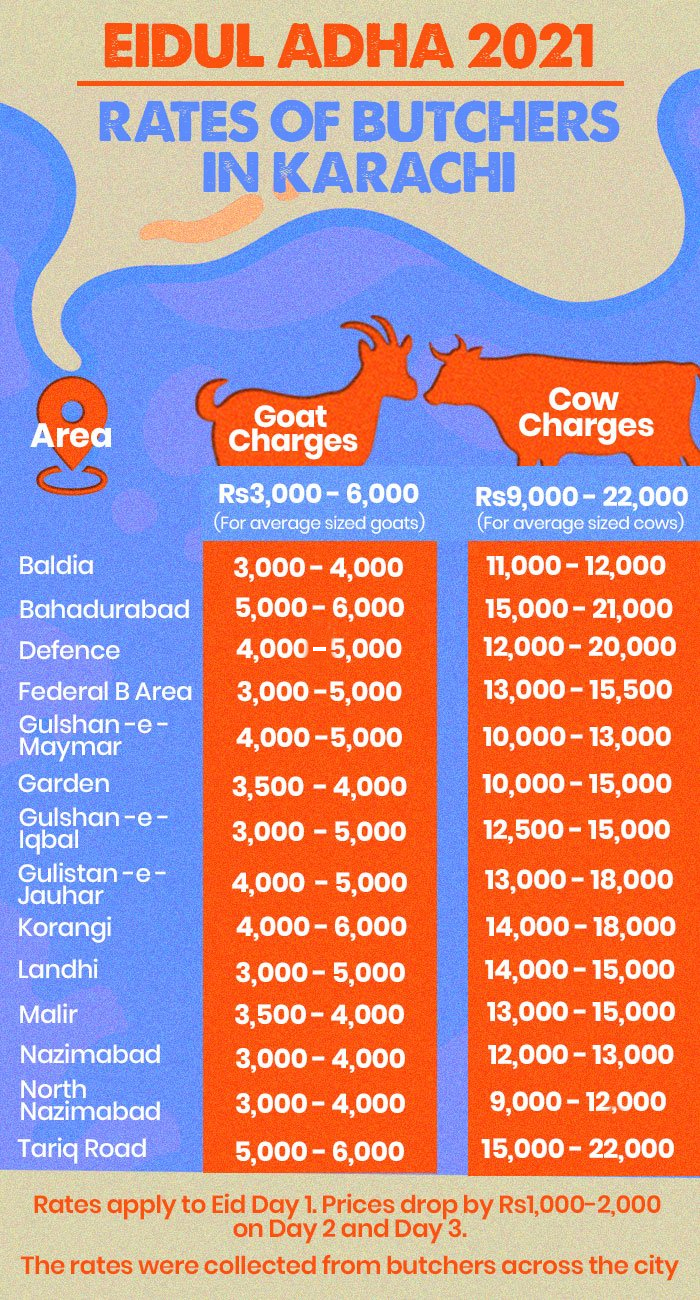
Beware the 'anaarhi' qasai
Amir, who runs a meat shop in Gulshan-e-Iqbal, told Geo.tv that in order to make some extra bucks, several people become 'seasonal butchers' during Eid.
He regrets that the trend sidelines professional butchers who slaughter animals throughout the year.
"I slaughter cows for Rs12,000 to Rs18,000, depending on their size, but you will find seasonal butchers who do the job for Rs8,000 or even Rs7,000," he said. "But they can never achieve the finesse of a professional."
Muhammad Asif, who has his shop set up on a pushcart in the Gulistan-e-Jauhar neighbourhood, said seasonal butchers often cause trouble as they have "no idea" how to slaughter animals.
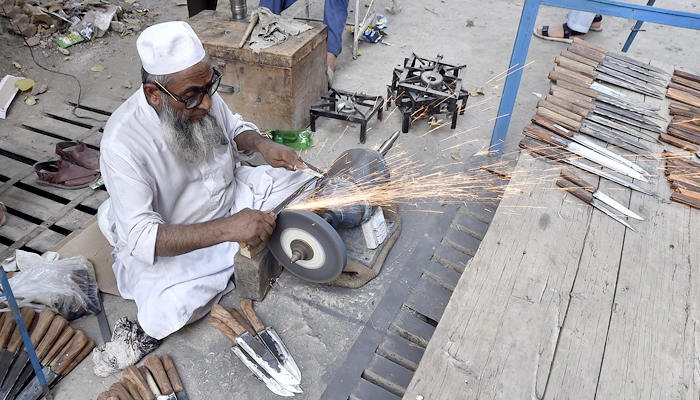
Advising potential customers on how to avoid falling prey to 'anaarhi' (non professional) butchers, Asif said everyone should go straight to a butcher in their locality they already know. He noted that most Pakistanis tend to book the same butcher every year for this reason alone.
"When you know your neighbourhood butcher, approach them instead of seeking the services of those seasonal butchers. They [the non professional ones] might charge you a lot less than professional butchers, but they could end up causing a lot of problems," he said.
Asif said that he usually earns nearly Rs100K over the three days of Eid. Another butcher in the city's Federal B Area said he is able to make Rs100-120K for his services.
From the butchers: The dos and don'ts of sacrifice
Sacrificing animals on the occasion of Eidul Adha is not only about buying an expensive animal and slaughtering it for meat: there are certain ethics that all Muslims must adhere to when performing the ritual.
This is because qurbani is a spiritual deed that is meant to draw a person closer to God.
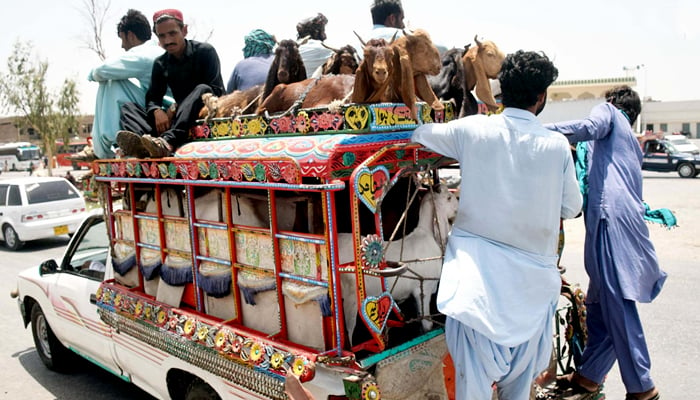
Moreover, as per Islamic teachings, Muslims have to take care not to inflict pain on the animal when slaughtering it. For this reason, it is extremely important to book a professional butcher who knows how to perform the ritual properly.
The following pointers should be considered when performing the sacrificial ritual:
- The animal should be in good health and should not have any injuries. While you have to ensure this when purchasing the animal, a professional butcher can spot any problems immediately;
- In the case of a female animal, it should not be pregnant. Butchers who have been doing the job for years could tell a pregnant animal from an excessively heavy one; therefore, don't take a risk by hiring an unprofessional qasai;
- After the slaughter, the meat should be divided into three portions; one for the owner, one for the friends and family of the owner, and the third portion to be distributed among the poor and the needy. A professional butcher will be able to apportion the meat properly, so you wouldn't have to spend the rest of the day calculating the correct share;
- The animal should not be slaughtered in front of other animals. While this is not always possible for most Pakistanis, a professional butcher will be able to carry out the qurbani quickly so that the animal doesn't have to suffer or scream, thereby causing distress to nearby animals;
- The knife with which the animal has to be slaughtered should not be sharpened in front of the animals. Butchers who have been performing the holy ritual for years know this, but in case they don't, make sure to communicate this clearly;
- The qasai has to make sure that the knife used for the ritual is not blunt. Once again, a professional butcher would never take that risk because it could potentially lead to a lot of mess and could end up inflicting pain on the animals. Sometimes, animals manage to run away midway, causing a lot of trouble and horror to everyone. A professional always uses a sharp, straight knife to do the job, directly going for the animal's jugular to make a quick, clean cut;
- The process of skinning the animal should not be carried out until the animal is completely cold. Once again, a professional qasai will always ensure that.
- The phrase “Bismillahi Allahu Akbar” (I begin in name of God, the Greatest) should be said at the time of the slaughter. Since this is a necessary procedure, always make sure that your butcher is aware of this requirement.
Hygiene standards to be observed on Eid-ul-Adha
According to the Sahih Muslim, Prophet Muhammad (SAW) said: “Cleanliness is half the faith."
In keeping with religious teachings as well as the environmental aspect in mind, note the following pointers and communicate them to the butcher too.
- Dispose of the offal after sacrifice immediately. Make sure you have the offal deposited in the designated pick-up spot (if any) notified by the local administration;
- Any blood should be properly cleaned from the streets and swept away into a drain or covered with fine sand;
- Tell your butcher to keep the meat away from places where the animal might have defecated or urinated during the slaughter. The meat should also be covered with a breathable fabric to prevent flies from gathering on it;
- Keeping in mind that these are times of the coronavirus, ask your butcher not to sneeze or cough on the meat; preferably wear a mask throughout; and wash his hands frequently. It should be your responsibility to provide soap and ample water for this purpose.
- If the butcher has been booked by several people in your area, make sure the knives and other tools he is using have been washed properly before and after the sacrifice. Sometimes, butchers use the same knife to slaughter different animals, which can result in the transmission of bacteria and diseases.




